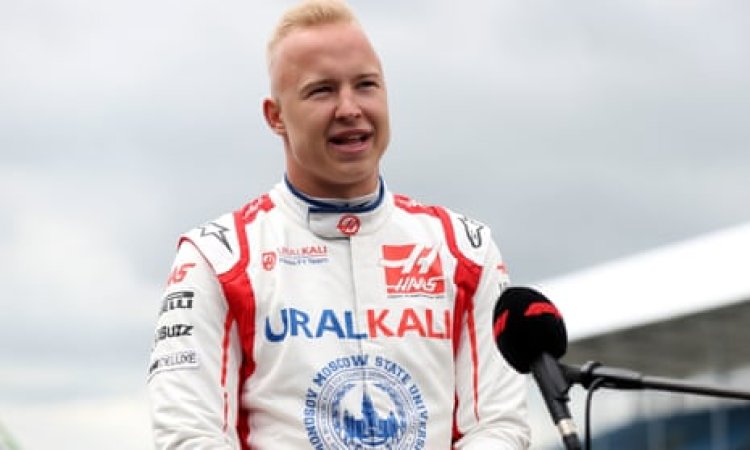"The Pay Driver Era in F1 Comes to an End, According to Alpha Tauri Chief"
The Pay Driver Era is Over

In Formula 1, a pay driver refers to a driver who is able to secure a spot in the sport based on their financial backing rather than their skill or talent. These drivers typically approach a lower-tier team and offer financial support in exchange for a full-time driving seat. Pay drivers have often been criticized by F1 enthusiasts for lacking talent and potentially posing a risk to other drivers on the track. However, recent changes in the sport have made it more difficult for pay drivers to enter Formula 1.The FIA, the governing body of motorsport, has implemented stricter regulations regarding super licenses, which are required for drivers to compete in Formula 1. Now, drivers can only enter the sport if they have been successful in lower-tier categories like Formula 3 and Formula 2.
AlphaTauri chief Franz Tost believes that the era of pay drivers is over, stating that the FIA's super license requirements have stopped the influx of less talented drivers. He acknowledges that teams still welcome drivers who can bring sponsorship money along with talent, but the emphasis is now on skill rather than financial backing. Guenther Steiner, the team principal of Haas, agrees with Tost's assessment. He believes that the financial stability of the teams has improved, and as a result, teams no longer need to rely on pay drivers. Steiner suggests that the constructor championship position is now more important than having a driver who brings in money. While the pay driver system has its drawbacks, it has also led to the discovery of talented drivers like Sergio Perez and Niki Lauda.
It remains to be seen how these recent changes will impact the talent pool in Formula 1 and whether it will become more focused on skill and performance. Overall, it is clear that the era of pay drivers in Formula 1 is coming to an end due to stricter regulations on super licenses and the improved financial stability of teams. The sport is moving towards a more merit-based system where drivers must prove their skill and talent in lower-tier categories before entering Formula 1. However, it remains to be seen how these changes will impact the overall talent pool and competitiveness of the sport.



 Rodolfo Aguasvivas
Rodolfo Aguasvivas 









